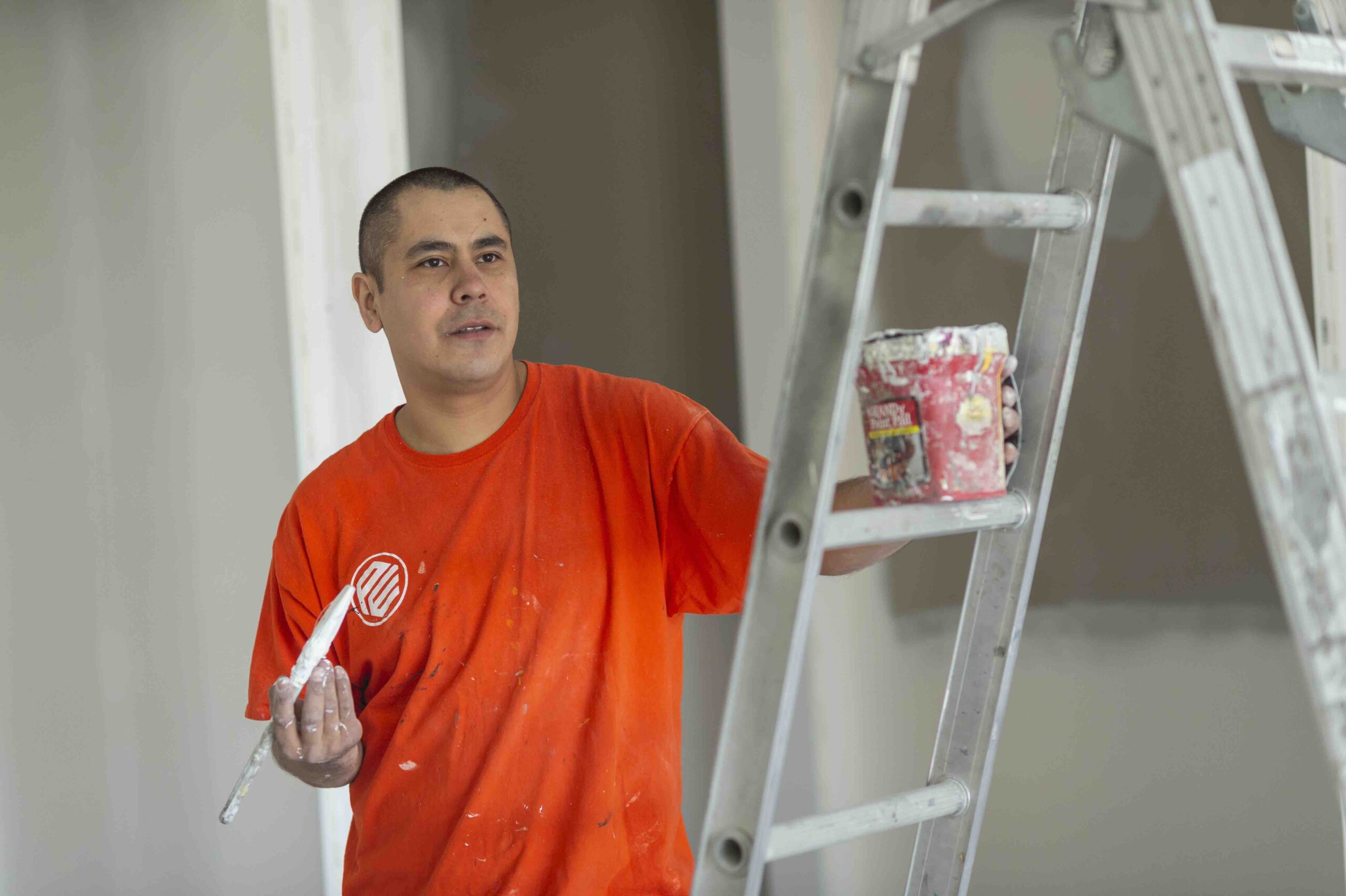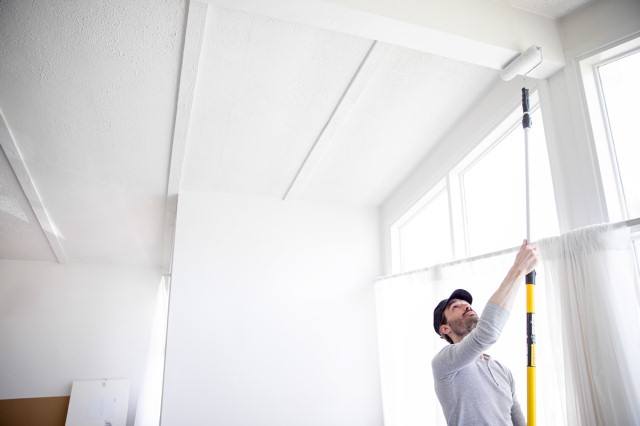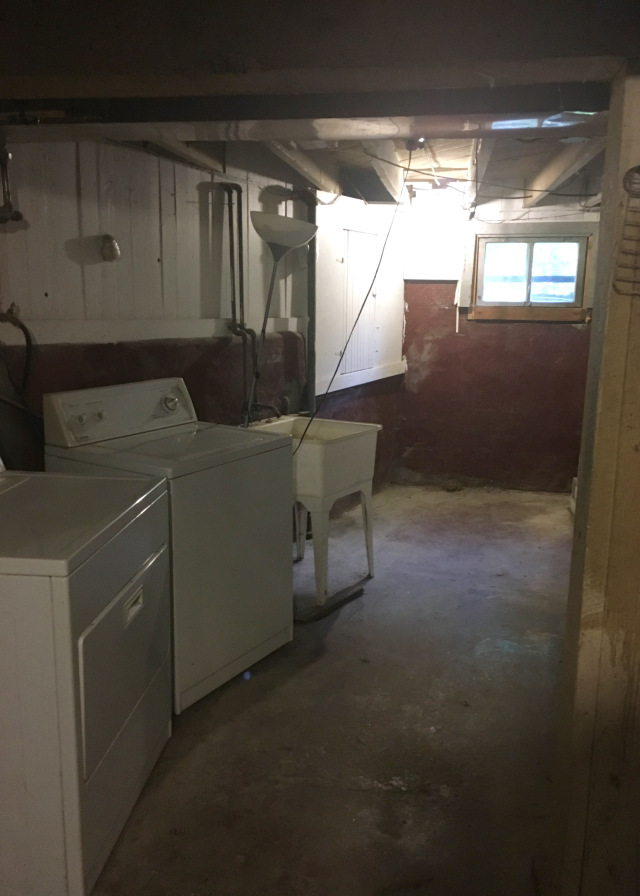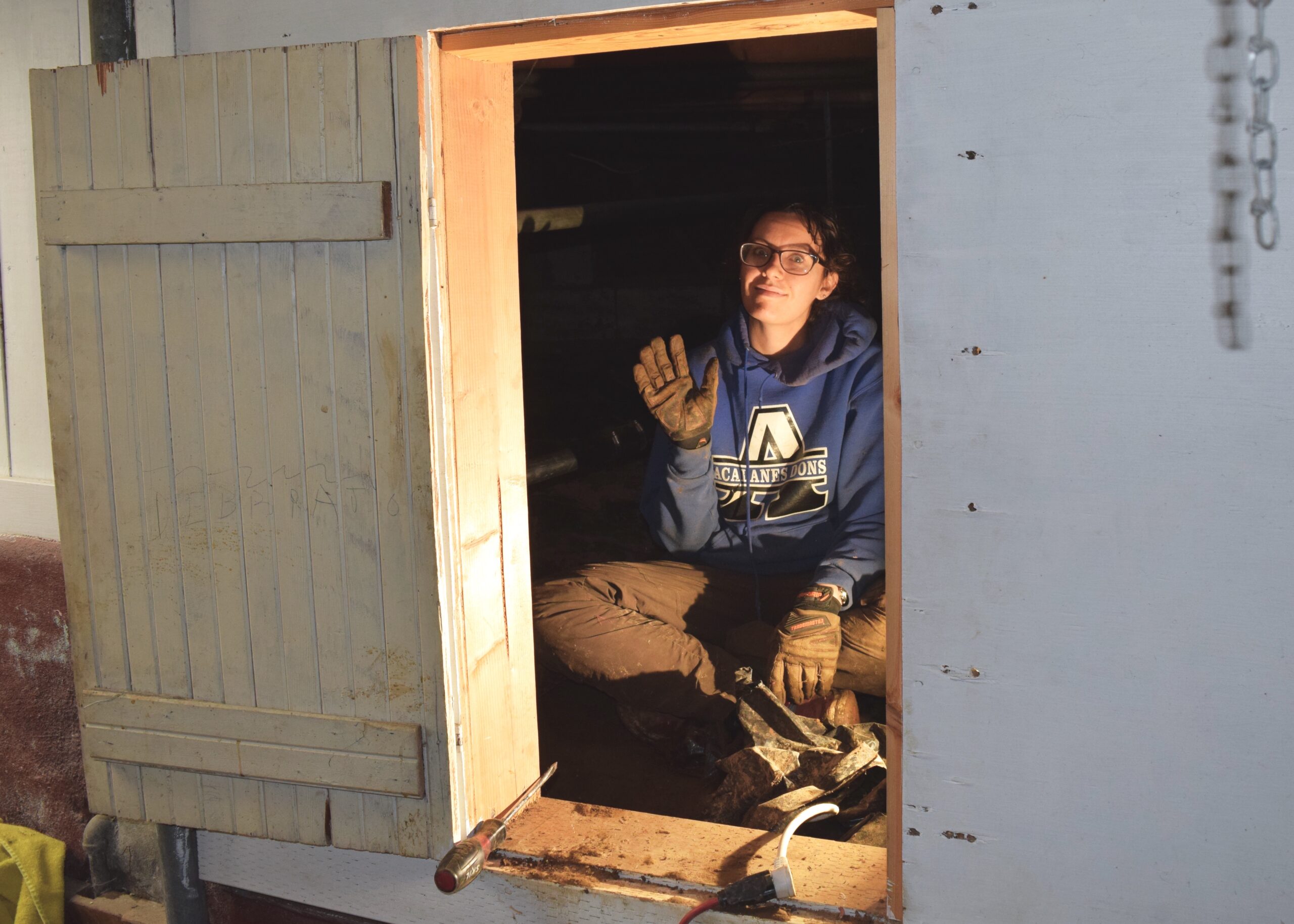Essential Oils & Mosquitoes
Humans have long used plants and plant derivatives to repel insects or treat the bites they leave behind. Ancient Greek and Roman scholars wrote about using plants on skin and clothing, so it’s no surprise that the new resurgence of essential oils in popular culture is entering the fight against the bite! Many natural scents that are appealing to humans actually repel mosquitoes, including lavender, peppermint, basil, and eucalyptus. Many of these scents can be worn as an essential oil on your skin to help keep these pesky pests from biting you.
HOW TO USE ESSENTIAL OILS AS A MOSQUITO REPELLENT
Essential oils can have numerous benefits. From stress relief to restful sleep, users of essential oils have found lots of applications for these naturally derived oils. Like any product, not all essential oils are created equal in quality, and consumers should do significant research before purchasing any oils.
For those folks new to essential oils, it’s important to note you can use them topically on your skin (but not sensitive skin near your eyes, etc.), diffuse them with a diffuser, or create a spray by diluting the oil with water and either witch hazel toner (found in the beauty aisle) or vodka. Essential oils, while natural and plant-based, can be very potent. Please research their effectiveness and application before using any product. For example, the oils degrade plastic over time, so if you decide to make a spray, use dark blue or amber glass bottles.
There are great recipes for DIY essential oil mosquito repellent with citronella, lavender, peppermint, sweet basil, catnip, tea tree oil, and clary sage essential oils. Since everyone has different scent preferences, feel free to experiment until you find one that works for you. Also, it’s important to note that mosquito repellents use other scents to camouflage your body’s scent. Since everyone smells slightly different, what works for you might not work for your friends or family.
WHAT SMELLS DO MOSQUITOES HATE?
There are some smells that mosquitoes love, so having those smells in your yard is an invitation for these annoying pests. However, just as there are smells which mosquitoes love, there are others that they hate and will make sure to avoid.

outdoor mozzie solutions to keep mosquitoes at bay
Ah, mozzies. Scourge of the (otherwise magnificent) Australian summer. They buzz about in your ear and their bites are infuriatingly itchy. But mosquitoes aren’t just pesky and annoying little critters. They also happen to pose a very serious health risk and are known to transmit harmful human diseases.
While there is a movement towards natural remedies and environmentally-friendly ways to reduce the instance of mozzie bites, it is important to mention that these remedies have typically been found significantly less effective than their traditional counterparts.
DEAL WITH THE SOURCE
Mosquitoes breed in stagnant (still) water. Empty and clear out all pools and puddles that could house mosquito larvae. Place used coffee grounds around areas in your backyard which could be harbouring larvae
CREATE A BARRIER
Combatting pesky mosquitoes can often result in resorting to chemical sprays containing chemicals that may be harmful to beneficial insects, including bees. One of the best ways to reduce reliance on these products is to create a physical barrier between your outdoor entertaining zones and the mozzies.
PUT ON MOSQUITO REPELLENT
Traditional mosquito repellent sprays usually contain an ingredient called DEET or picaridin. While highly effective at preventing mosquito bites, these ingredients may cause skin irritation in those with skin sensitivity. When using these sprays, always follow the directions and be sure to thoroughly wash the spray off the skin when protection from mosquitoes is no longer required.
How to Avoid Mosquitoes
The easiest, laziest way to protect yourself
Absolutely the best trick in the book – put mosquito protection ‘up your sleeve’! All of the mosquito-repelling bracelets and wristbands pictured are totally natural, and DEET-free.
Your choice here is only aesthetic – the plastic spiral bracelets are the most popular and come individually wrapped to ensure efficacy. The neoprene wristbands are really soft, and a good idea for kids, babies and sensitive-skin wussies. Their protective magic lasts between 10-15 days. Both varieties are totally waterproof.
Go ‘Incognito’ against Thai mosquitoes
Do you need mosquito repellent? As a piece of fresh meat, yes. YES. Left to cavort as they like, even one mosquito can inflict a dotty red mess on your legs. The few seconds it takes to apply some bug spray will ensure your trip is so much more enjoyable.
How to prevent mosquito bites? As when escaping a crocodile on foot… you don’t need to out-run him, you just need to out-run someone else. As such against mosquitoes.
Another option that’s also natural (and has similarly rave reviews), is Beat IT! All Natural DEET-Free Insect Repellent. Incognito insists it offers clinically proven malaria protection, while Beat IT! promises to work against even mosquitoes. If you can’t be swayed to the Whole Foods netherworld, Sawyer Products Premium Insect Repellent has stronger chemicals (20% Picaridin), but no DEET. Of any ‘middle ground’ (not-totally-natural, but DEET-free) mosquito repellent – this one is most popular with my readers, though I haven’t used it myself
Mosquito Myths
Bats eat up to 600 mosquitoes an hour.
This one may have gotten started with a study in which mosquitoes were released into a room full of bats while researchers counted how many they ate. The bats consumed about 10 per minute, or 600 per hour. But mosquitoes were the only insects in the room for the hungry bats to eat. Since then, studies have found that mosquitoes make up less than 1 percent of bat diets.
Purple martins are voracious mosquito predators.
This is another scientific observation taken out of context. A researcher initially estimated that a purple martin would need to eat its body weight in mosquitoes, about 14,000 insects, every day in order to survive. However, like bats, purple martins actually prefer other prey, including dragonflies, which are mosquito predators. Mosquitoes make up less than 3 percent of the birds’ diets.
Dryer sheets make good mosquito repellents.
Several other household items are also supposed to be repellents, including banana peels and Vicks VapoRub. But repeated studies have shown that DEET is the only one that is consistently effective in blocking mosquito bites over extended periods of time. While picaridin and oil of lemon eucalyptus also been shown to repel mosquitoes, neither provides the same level of protection as DEET.
Lemon Joy and Listerine will kill mosquitoes.
This is an e-mail hoax debunked by Snopes.com. The idea is that leaving pools of water with lemon dish soap, or mouthwash, around the yard will attract and kill mosquitoes. Although that is true, the mosquito would have to land and become coated in the liquid in order to die. Dish soap and mouth wash are not like insecticides in that they do not hang in the air and kill mosquitoes as they fly through.
Bug zappers are a good way to reduce mosquitoes.
While zappers do kill a large number of insects, studies have found that most of them are moths and beetles, and less than 7 percents are mosquitoes. In fact, yards with zappers typically have no fewer mosquitoes than yards without zappers.
Best Natural Mosquito Repellents for Your Home
Luckily, I’ve developed some unique solutions to fighting off the mosquitoes. I don’t use conventional strategies, since I hate the thought of using chemicals to rid the yard of mosquitoes, and I don’t want to expose my family and friends to the toxins in bug bombs.
The CDC studied indoor pest bombs and found that exposure to the chemicals can lead to health problems. These chemical bug repellents can cause nausea, shortness of breath, headaches, and many other severe symptoms requiring hospitalization. In light of this, I wanted to highlight some natural mosquito and bug repellents you can use in your home or in your yard in place of traditional bug sprays and chemicals.
Plant Herbs
Many herbs naturally repel mosquitoes. You’ve likely heard of citronella, but did you know that garlic, lemongrass, cedarwood, basil, eucalyptus, lavender, peppermint, rosemary, thyme, onions, and marigolds also deter the little buggers? You can cut down on the mosquitoes in your yard by planting these herbs around your porch and deck.
Use Essential Oils
Many people turn to products like OFF! or repellents that contain DEET to ward off mosquitoes. These products, especially those that contain DEET, can cause health problems. BeyondPesticides states that DEET kills large numbers of brain cells in the cerebral cortex; this is the area of the brain that controls muscles and movement
Get Rid of Water
Mosquitoes love water. You can reduce the number of mosquitoes in your yard by removing standing water. If you have a rain barrel, make sure it has a screen. Clean out your gutters, fix dripping faucets, and if you have a pond, make sure to stock the pond with mosquito-larvae eating fish, called “mosquito fish.”




























